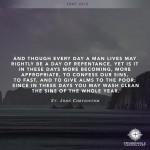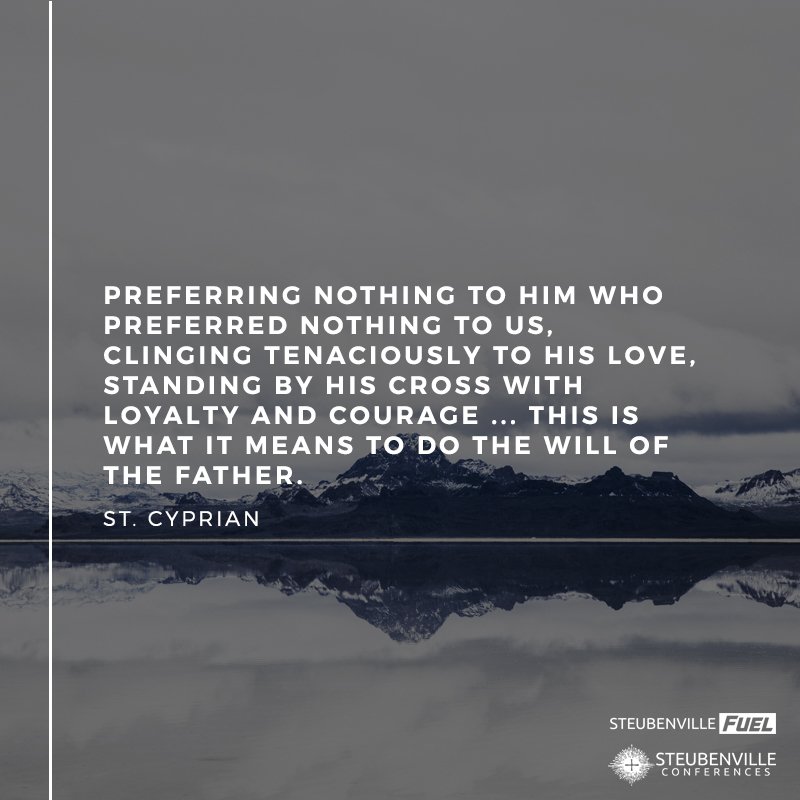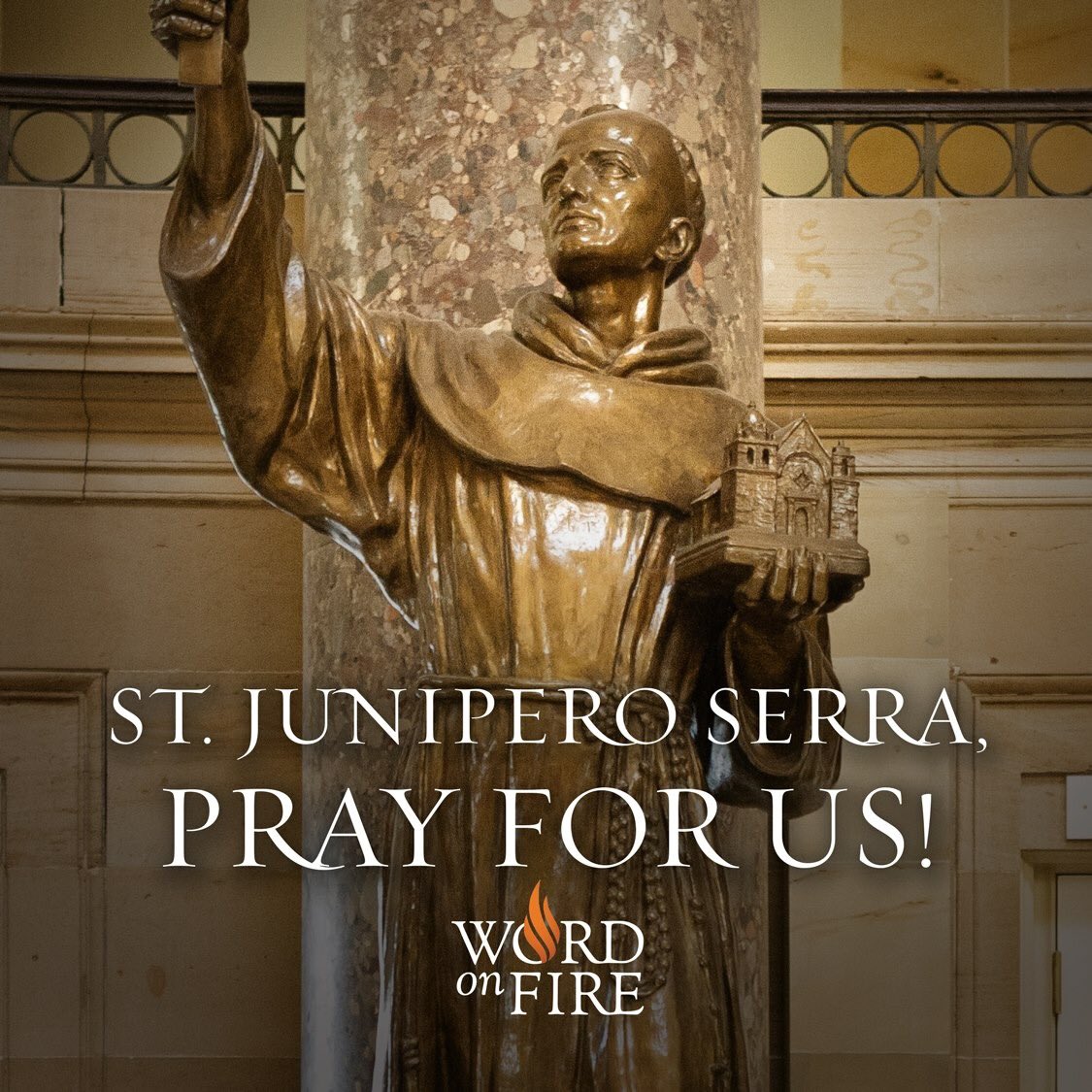1.
#PopeFrancis Parish Visit:
A Christian Who's Coherent with the Faith Can't Live a Double Life
http://t.co/1eaU492iSK
— Greg Burke (@GregBurkeRome) March 9, 2015
2.
Without mercy, theology, right, pastoral care collape into bureaucratic pettiness or ideology #PopeFrancis http://t.co/01ZZf5Aa7B
— Antonio Spadaro SJ (@antoniospadaro) March 9, 2015
3. Cardinal Tagle from Manila on mercy.
4. Thomas a Kempis via Magnificat today:
No one is so good and devout as to not encounter some worries and troubles in life. When you face tribulation and are sorrowful in heart, you are with Jesus on the cross.
5. Fr. Roger Landry:
One of the most important parts of the Lenten conversion God is asking of us is that we learn how to trust in him and in what he says and does rather than try, like the Nazarenes, to box him into our own limited categories. We need to approach him with faith rather than hardened hearts. To accept Jesus with honor means to recognize who he is, to thirst for him, to welcome him and what he teaches, and to obey him with faith. This is a type of growth that he wishes to give us as a gift every year. This is a type of cleansing for which he comes, not with a whip of cords but with his mercy. As we prepare to receive him now within ourselves, the place he has deigned to make a tabernacle of his holy presence, his native place since the day of our baptism, we ask him to increase our faith and gratitude in what he has already done for us and in us and to increase our trust and longing for what he still very much desires to do.
6.
#PopeFrancis at Mass: During Lent identify the small, quiet ways God has acted in your life, given you his grace.
— Catholic News Svc (@CatholicNewsSvc) March 9, 2015
7. From St. Basil the Great in the Liturgy of the Hours today:
God gives power and strength in our labors. I have toiled harder than all the others, Paul says, but it is not I but the grace of God, which is with me.
God rescues us from dangers beyond all human expectation. We felt within ourselves that we had received the sentence of death, so that we might not trust ourselves but in God, who raises the dead; from so great a danger did he deliver us, and does deliver us; we hope in him, for he will deliver us again.
Statue from the Farm Street Jesuit church of St Frances of Rome who is commemorated today. https://t.co/pOhzEIY48J
— Fr Lawrence Lew OP (@LawrenceOP) March 9, 2015
9. Scottish composer James MacMillan on Church music:
The Church, and indeed the churches, grapple with the question of music in worship since the earliest days and there have been entire controversies and reformations over the place and role of music within the Church. It’s still here now; Catholics even argue among themselves about the importance of music in the liturgy. Of course the Second Vatican Council has given us a great legacy of thinking on the matter, but the anxiety goes right back to the beginning. Music is central to what it means to be a worshipping community, and it takes an awful lot of thought. Sometimes we get it wrong, but sometimes we get it wonderfully and beautifully right. We should never forget that at the centre of musical heritage, but also of our own spiritual and liturgical heritage is a huge wealth of sacred music, and particularly chant. Chant is the DNA that runs through so much of our music, not just liturgical music, but all of our music. Moreover, there’s a huge interest in chant, even from secular musicians and musicians from other faith traditions. In the wake of the Second Vatican Council it’s important not to loose sight of that, perhaps learning from our Protestant brothers and sisters about how to adapt chant to the vernacular. It’s also very important to value the richness of the ancient languages of the Church, Greek and Latin. So there’s a multiplicity of ways that we can move forwards, but at the core, because we’re Catholics, tradition and a love of the tradition has to animate what we do. This requires a certain amount of activism on our part, but it’s vital because the liturgy needs music, the liturgy needs good music, and the liturgy needs Catholic music.
10. Pope Francis this weekend:
In this time of Lent we are preparing for the celebration of Easter, when we will renew the promises of our Baptism. Let us travel in the world as Jesus did, and let us make our whole existence a sign of our love for our brothers, especially the weakest and poorest, let us build for God a temple of our lives. And so we make it “encounterable” for those who we find along our journey. If we are witnesses of this living Christ, so many people will encounter Jesus in us, in our witness. But, we ask – and each one of us can ask ourselves – does the Lord feel at home in my life? Do we allow Him to “cleanse” our hearts and to drive out the idols, those attitudes of cupidity, jealousy, worldliness, envy, hatred, those habits of gossiping and tearing down others. Do I allow Him to cleanse all the behaviours that are against God, against our neighbour, and against ourselves, as we heard today in the first Reading? Each one can answer for himself, in the silence of his heart: “Do I allow Jesus to make my heart a little cleaner?” “Oh Father, I fear the rod!” But Jesus never strikes. Jesus cleanses with tenderness, with mercy, with love. Mercy is the His way of cleansing. Let us, each of us, let us allow the Lord to enter with His mercy – not with the whip, no, with His mercy – to cleanse our hearts. The whip of Jesus with us is His mercy. Let us open to Him the gates so that He would make us a little cleaner.
Every Eucharist that we celebrate with faith makes us grow as a living temple of the Lord, thanks to the communion with His crucified and risen Body. Jesus recognizes that which is in each of us, and knows well our most ardent desires: that of being inhabited by Him, only by Him. Let us allow Him to enter into our lives, into our families, into our hearts. May Mary most holy, the privileged dwelling place of the Son of God, accompany us and sustain us on the Lenten journey, so that we might be able to rediscover the beauty of the encounter with Christ, the only One Who frees us and saves us.
Plus: I wrote a little about Pope Francis as we approach the second anniversary of his election here.












